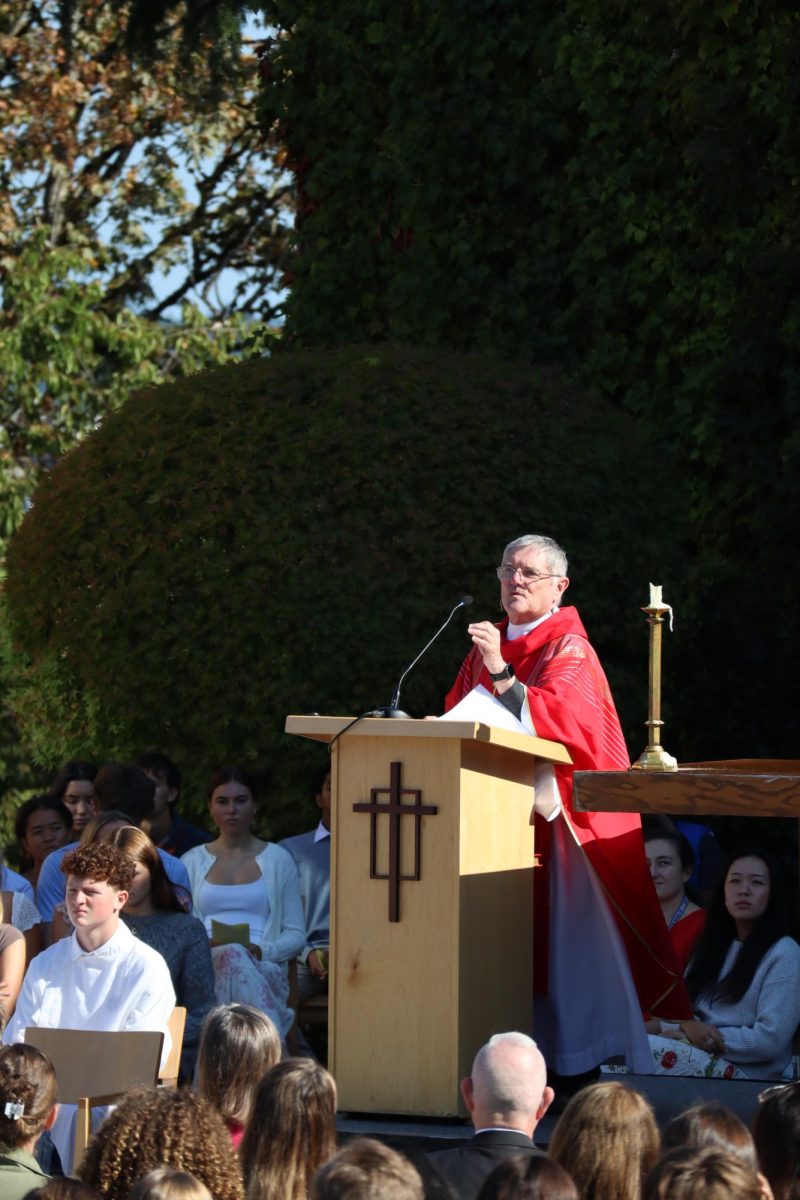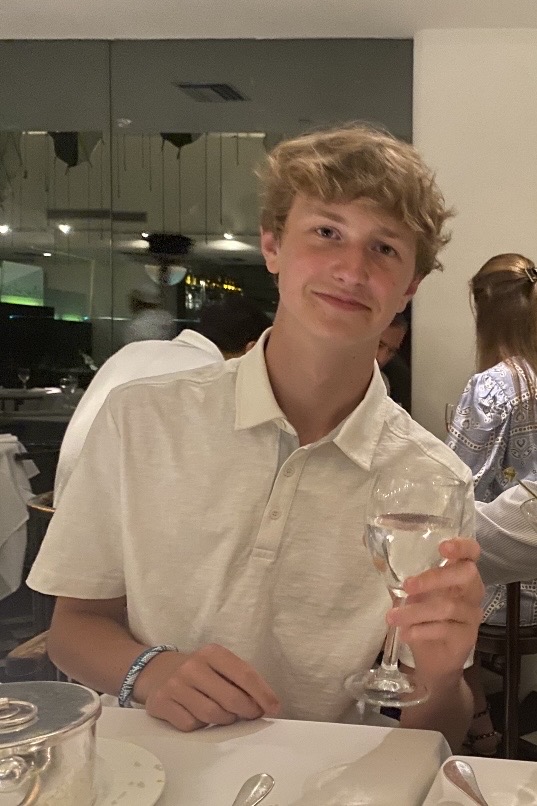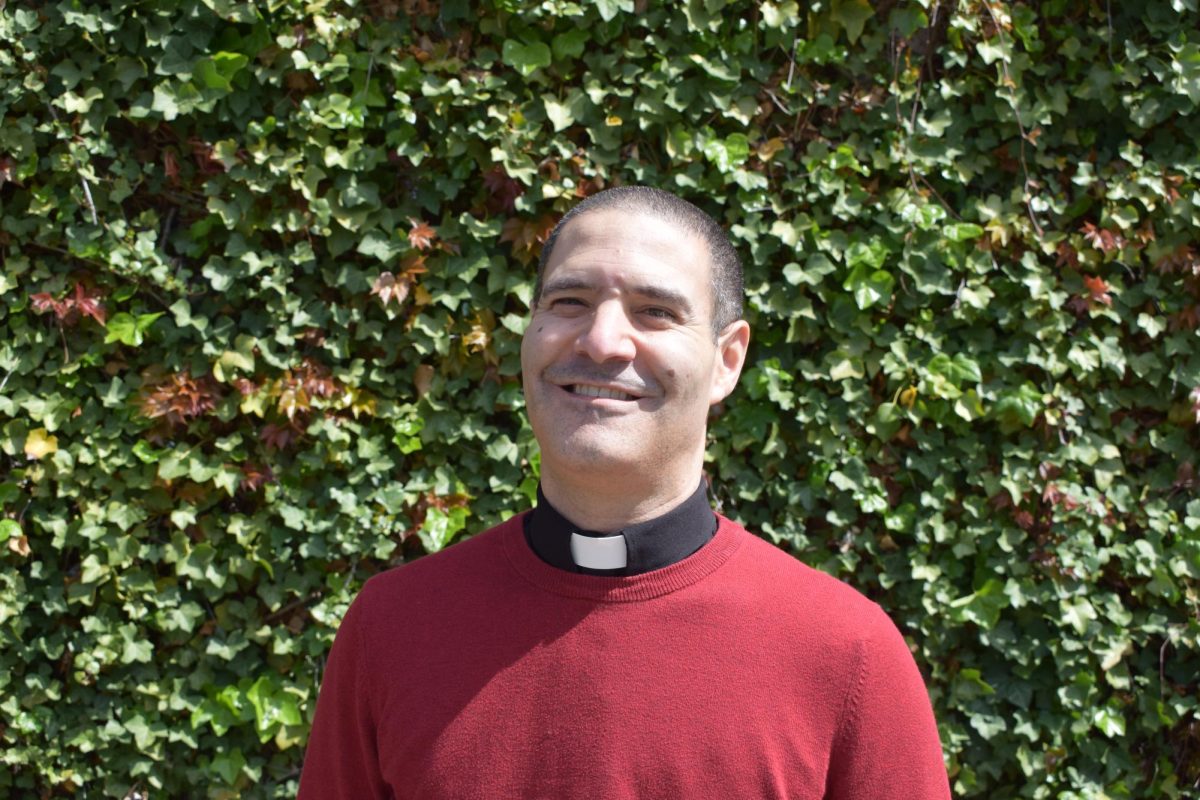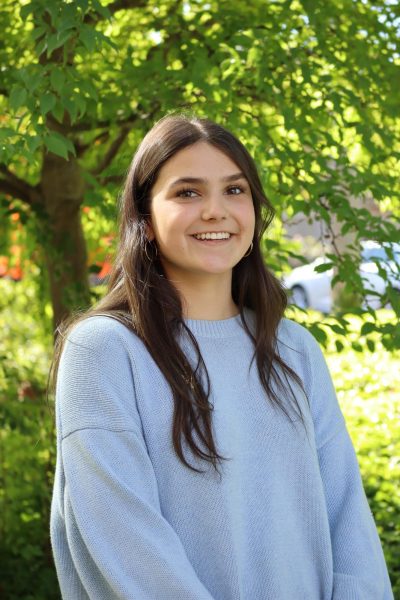As the leaves begin to fall, and the weather gets cooler, the people of the world start the preparation for the most wonderful time of the year: the holidays. The inevitable giddy feeling of the holidays brings cheer to every corner of the world through the various traditions practiced amongst families and friends.
During the isolation that was the COVID-19 pandemic, these traditions were forced to adapt to the guidelines set in place.
Fall of 2020, a new COVID-19 surge struck the world, tightening the already strict safety guidelines. According to the King County health department, hospitalization spiked in early December of 2020. Nationwide, COVID-19 had infected 4.3 million people and killed 37,000 in the month of November alone. According to CBS News, this number was more than most countries had all year.
In response, public holiday festivities were abandoned. In 2020, Snowflake Lane was cancelled, a widespread tradition that tens of thousands attended each year. The Bellevue Downtown ice rink was also shut down along with the annual performance of The Nutcracker. These obstacles only infused more determination into the minds of socially deprived Seattleites.
Holiday traditions were subsequently forced to become familial.
“Since we still couldn’t really leave the house, my family and I spent even more time together than we usually do. In some ways, having to spend time together brought us closer,” said Siena O’Meara ‘26. The push to stay inside connected families in a way that could not be achieved otherwise.
Seattle Prep English teacher Ms. Slevin adapted her view of holiday traditions post-COVID-19.
Pre-2020, seeing pictures online of friends searching for Christmas trees right after Thanksgiving made her cringe. “The tree won’t live until Christmas!” she would think. She believed that the holiday season starts strictly after December.
However, after the 2020 holiday season, her outlook has completely shifted. In 2020, Ms. Slevin noticed Christmas decorations going up extra early. People yearned for an excuse for excitement and celebration. Upon reflection, Ms. Slevin agreed with this notion and has since been celebrating the holidays earlier as well. “Whatever makes you happy.” she thought.
Closures, isolation, and sickness are not the typical grounds for celebration. Nevertheless, the people of the world seized these bleak circumstances and fully embraced the holiday season in all of its glory.






